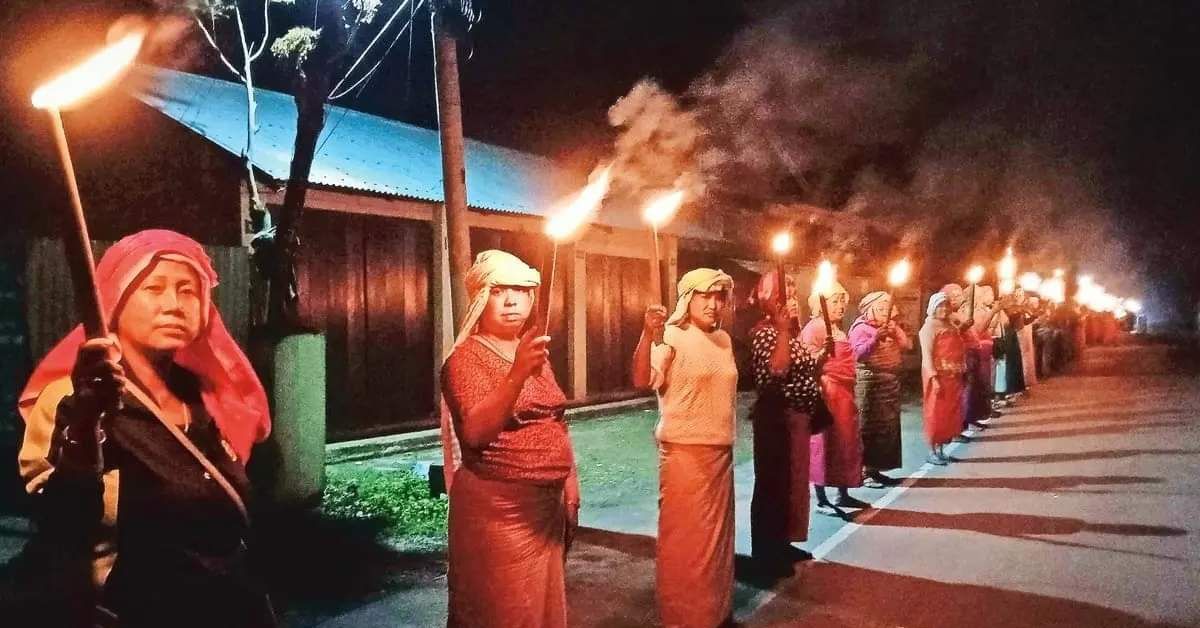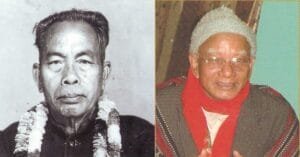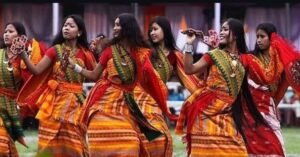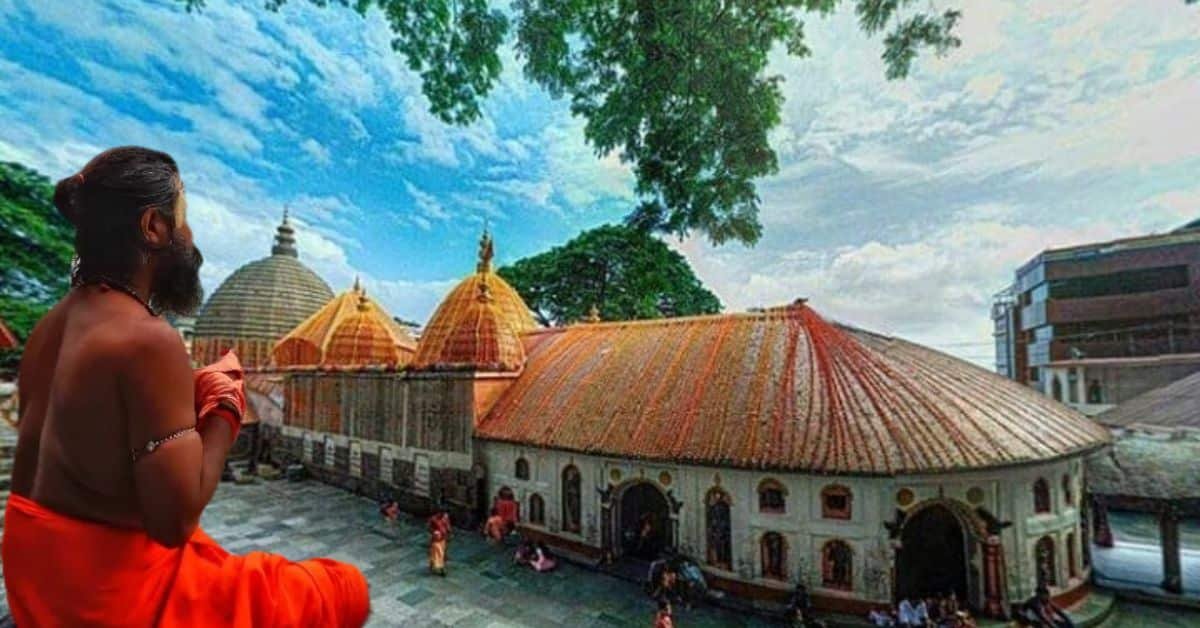Manipur, a state in North East India, is renowned for the influential leadership demonstrated by its women. While terms such as Nupi Lan, Meira Paibi, and Ima Keithel may not be commonly associated with mainstream feminism, they hold a significant history of empowering women in Manipur. This blog aims to shed light on the fighting spirit of Manipuri women, drawing inspiration from this distinctive term of Meira Paibi. Meira Paibi, which translates to “Women torch bearers,” signifies protests organized by women in Manipur for social and political reforms.
Meira Paibi
Meira Paibi (women torch-bearers) also known as ‘Ima Meira Paibis’ are a group of women in the civil society of Manipur, who carry fire torches and march silently, keeping a vigil against social evils, including atrocities against people and human rights violations. The word derives its name from mei (fire). Meira Paibis have a large network, and have been leaders in civilian movement fighting against drug abuse, alcoholism, crimes against women, human rights violations by paramilitary and armed forces and at times waging battle on political issues like Armed Forces Special Powers Act (AFSPA). It is one of the largest women’s groups with the entire adult Meitei female population as its members. It is recognized as the “preeminent grassroots, civilian movement opposing state atrocities and human rights abuses in Manipur” by TOI.

Origin of Meira Paibi
Its origin can be traced back to Nupi Lan Movement of Manipur where protests were organized by women in Manipur against British colonialism in 1904 and 1939. In the movement of first Nupi Lan (1904) and second Nupi Lan (1939), elderly women in the age group of 50-70 years came together in forming Meira Paibai group and they were also called as “imas” meaning mothers in Manipuri. Later, all age group women were involved in Meira Paibai organization. Initially carrying podons (large-wicked kerosene lamps) and lanterns, these women, upon adopting flaming torches, came to be identified as Meira Paibi.
Reason for Activism by Women of Manipur
In 1949, Manipur’s merger with an Indian state sparked internal resistance. The decision led to the formation of protest groups, some resorting to armed conflict. In this turmoil, youths were misguided into terrorism, exacerbated by drug and alcohol addiction, posing a societal threat. Manipur being the border state to Myanmar which has long history of psychotropic substance abuse, the youths of Manipur trapped in insurgent affected zone together with poor management of law and order by the government aggravated the situation.
Meira Paibi Came into Action
During these times somebody needed to step in to stop this, and women from many localities in 1970s rose to the occasion and led battle against alcoholism and drug abuse. This was famously known as “Night patrollers movement”.The women groups patrolled the streets after dark and any men found to be drinking were punished. They also raided liquor shops and closed them. The women in groups at this stage were known as Nisha Bandish and their organizations as Nisha bandh organizations. The initial movement against alcoholism progressed to various other issues such as drug abuse, crime against women and other socio-political issues.
The Incident Where Meira Paibi Rose to Prominence
The actual trouble came in the 1980s when the security force under Armed Forces (Special Powers) Act, 1958 was deployed in the State in order to control the armed underground force uprising in the state. On December 29, 1980, the security forces took away two innocent youths to their camp before handing one to police on suspicion of underground activities. Activists of Meira Paibi went to the armies’ camp and fought with the army forces in a nonviolent manner to free the innocent youngster they took away.
From this incident onwards, Meira Paibis have been fighting against all kinds of atrocities and extremes carried out by the Indian security forces under the heinous Act, like involuntary disappearance of detained youths, killing of innocent people, bogus encounters, rape and murder of women.
Third Nupi Lan?
The Meitei women torchbearers symbolized a just war for human rights in Manipur. Their activism has evolved to encompass various methods such as public meetings, demonstrations, road closures, public shutdowns, hunger strikes, and mass rallies. Referred to as “women vigilantes,” they intervened in situations, halting army vehicles, rescuing innocent youth falsely accused, and facilitating their transfer to the police. The Army, acknowledging the just causes championed by Meitei women, did not object. This movement is now unofficially recognized as the third Nupi Lan.













